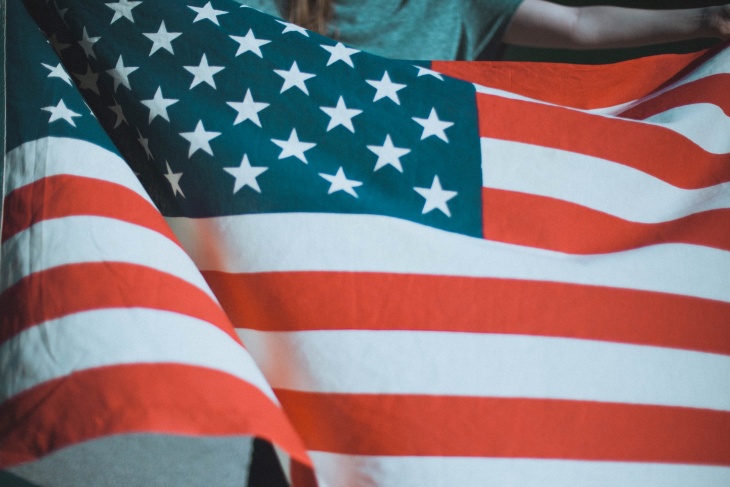
By striking down the 1973 "Roe v. Wade" decision, the U.S. Supreme Court has directly affected the health and rights of women and girls, moving into a public discourse that has gained ground and become entrenched with Trump's policies, but which goes far beyond U.S. borders and is capable of having a major impact internationally as well.
A review of articles and commentaries by American lawyers, political scientists, and feminists on what is already being called the "post-Roe era."
It is only the beginning of the battle. While some states pursue the process that makes abortions illegal and prohibits people from even talking about them, others are gearing up to safeguard rights and pass regulations to increase access to sexual and reproductive health services, even to accommodate the exodus of patients that may come in the coming years from other states. How the Supreme Court decision is splitting America in two. An article by Elaine Kamarck in Brookings.
The fight for abortion rights continues. Continue to fight for free elections and meaningful representation, in and out of the courts, for access to services and for reproductive health. The devastating blow that the recent Supreme Court decision represents to democracy and the rule of law in an article written by Jennifer Weiss-Wolf for the Brennan Center for Justice.
What will happen in individual states. Mississippi, Texas, Michigan. A state-by-state, ban-by-ban map, before and after the Supreme Court decision. Long stories and short-term predictions about post-Roe America, by Elaine Kamarck on Brookings.
What Americans think. Between 25% and 35% of the American population think abortion should always be legal, and it is between 10% and 15% who think voluntary termination of pregnancy should never be legal. The remaining 50%-65% are divided between those who think abortion should mostly be legal and those who believe it should almost always be illegal. The difference is in the exceptions, and the consensus on the circumstances that justify abortion and those that do not. An article by William A. Galston in Brookings
Imagine the near future. Year 2023. The state where Jessica lives prohibits and criminalizes abortion regardless of conditions, calling a fertilized egg a person. Jessica tells her friends and family that she had a miscarriage at 11 weeks pregnant. One of her roommates does not believe her and reports her to the local police for having an abortion. What kind of oversight of women's health and decision-making can we expect in post-Roe America. A fictional but likely story, by Jolynn Dellinger and Stephanie Pell on Lawfare.
What the police might find out about your illegal abortion. The U.S. Supreme Court decision lays bare all the dangers that unrestricted access to personal information by police could generate, in an environment where laws to protect privacy are virtually tenuous. An article by Sara Morrison in Vox.
Americans delete cycle-monitoring apps. There are many women in America who have deleted cycle-monitoring apps from their cell phones in recent days, fearing that data collected by the apps could be used against them in future criminal prosecutions in states where abortion has become illegal. An investigation by Flora Garamvolgyi in The Guardian.
The cost of restrictions on women's reproductive choices. Between January 1 and April 29, 2021, 536 abortion restrictions, including 146 abortion bans, were introduced in America in 46 states. These measures most affect women who already face systemic barriers to accessing health care and economic opportunity, including black women, Hispanic women, low-income women, rural women, and LGBTQ+ people, and result in economic costs to individual states. The Institute for Women's Policy Research has tried to calculate them.
The right to abortion is an economic right. Why overturning the Roe-Wade is an economic catastrophe for millions of women. A contribution by Asha Banerjee on the Economic Policy Institute blog
The economic impact of the Roe-Wade overturning. The video recording of the feminist debate, coordinated by the International Association for Feminist Economics.
See also: The European Abortion Policies Atlas.









